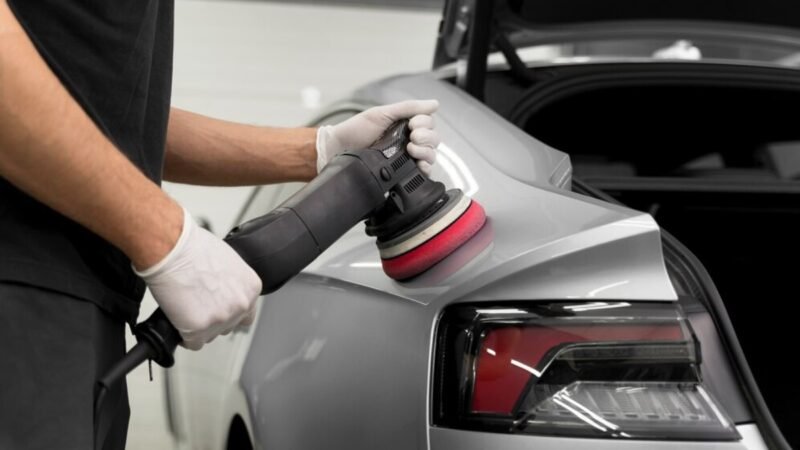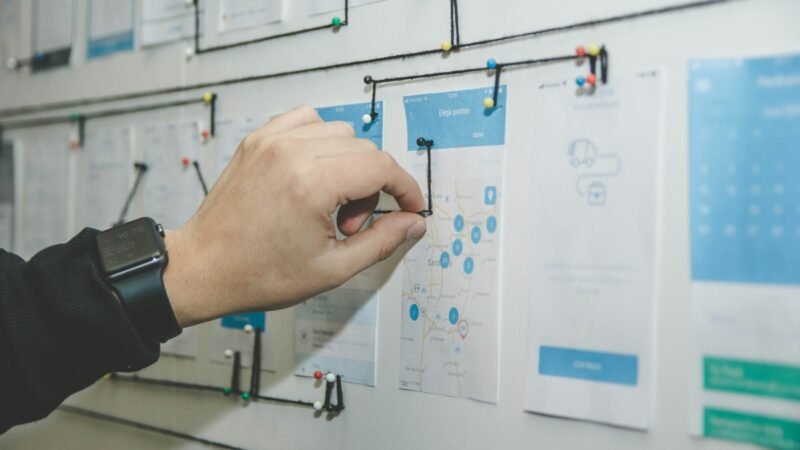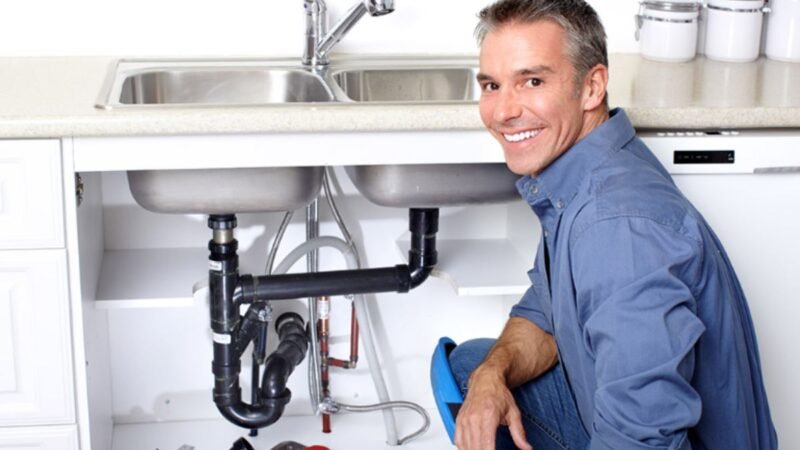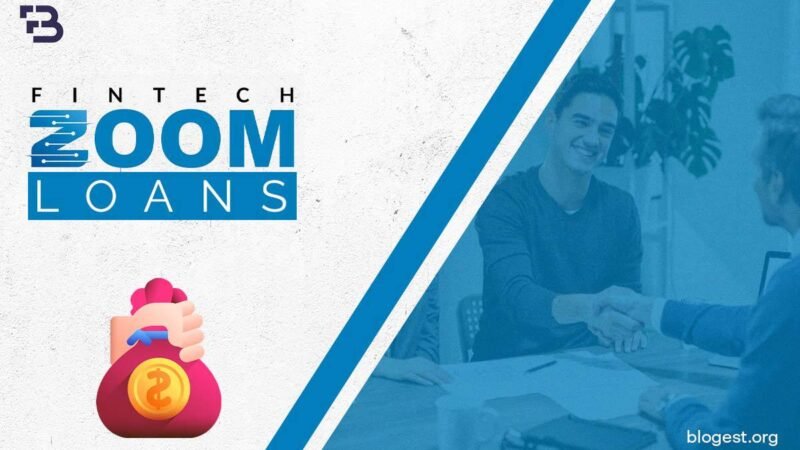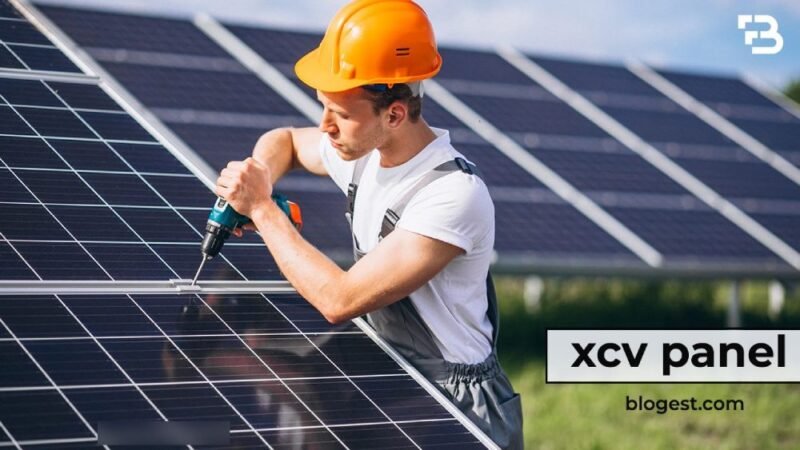How to start a car detailing business? Starting a car detailing business is a profitable business venture. The demand for washing and detailing services is witnessing an increase with the rise in car prices and the increased lifespan of vehicles….
Every home or business eventually faces those pesky little issues—like a stubborn doorknob or a pesky electrical glitch—that need fixing. But often, these jobs are too small to interest big-time carpenters or electricians. This is the spot my handyman business…
So let’s talk about the secret sauce behind a growing bookkeeping business, knowledge! It’s like having a treasure chest of wisdom that can make or break your success. Your knowledge and skills are precious and you can grow your bookkeeping…
Taking on do-it-yourself (DIY) plumbing projects can be both empowering and cost-effective. However, it’s essential to have the right tools at your disposal to ensure successful outcomes. While DIY plumbing can be satisfying, it’s crucial to recognize when a project…
By nature, life always carries an element of surprise, no matter how good your financial plans for the future are. It could be an unexpected medical bill, your car suddenly breaking down and demanding an impromptu cash injection or a…
Hey there, money-minded pals who are looking for FintechZoom Google Stock! Ever heard of the giant brainiacs at Google? Yep, the tech wizards who practically run the internet. Well, turns out, they’re not just ruling the web; they’re rocking the…
Step into the world of luxury watches with FintechZoom Richard Mille! Forget the usual chatter – we’re here to spice things up. When it comes to reporting on Richard Mille watches, we’re not your average storytellers. We dive deep, critically…
Hey there, fellow stock enthusiasts! Let’s jump into stock trading and see how success isn’t only about looking back but also truly creating your own unique road ahead. Imagine that you are a fashion-trendsetter in the fast-paced world of Dancing…
Though the tech world is in full swing of change, the most astounding invention has appeared before the world community – The XCV Panel. But… What is the big picture of those mute panels and the mechanism underneath? Buckle your…
There is an estimated one-fifth of construction waste that is generated. The materials used for construction, materials generated during demolitions and packaging wastes as well as leftovers are some of the major factors which could be attributed to the problem…
